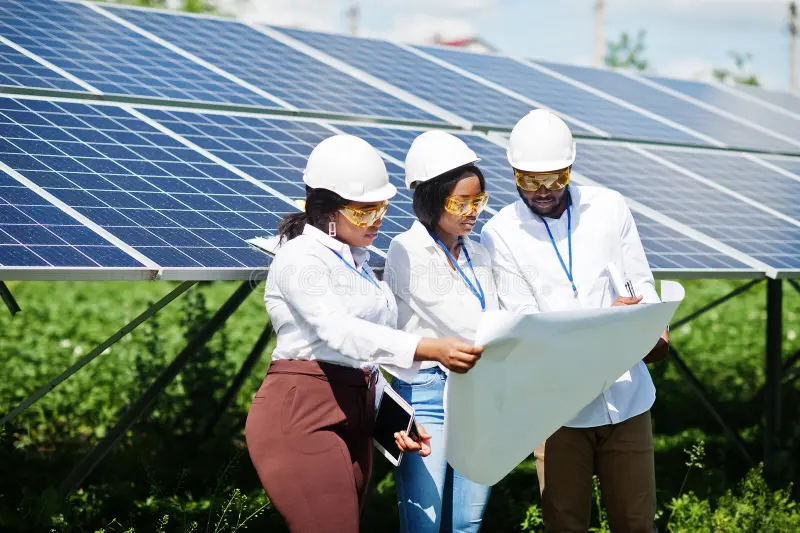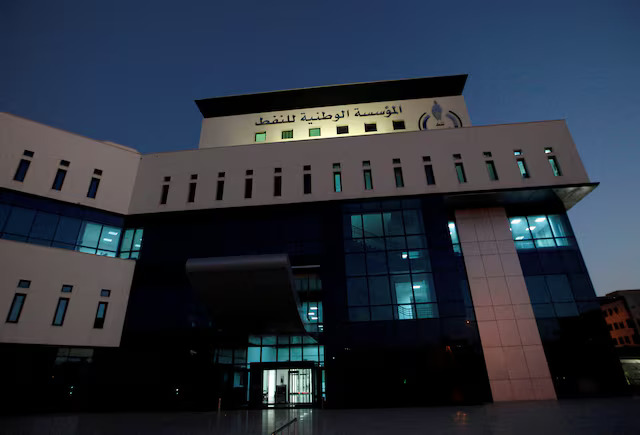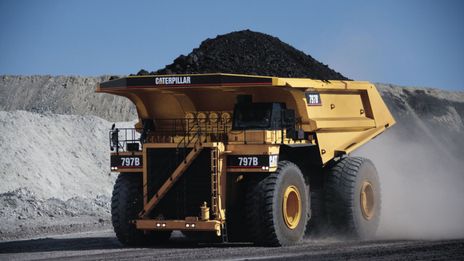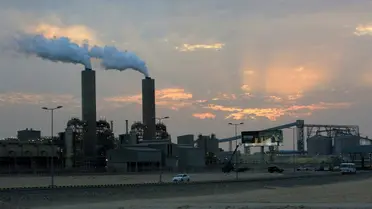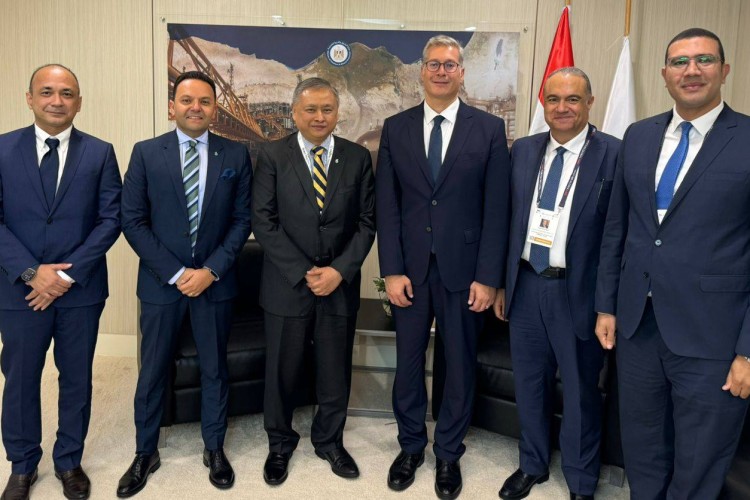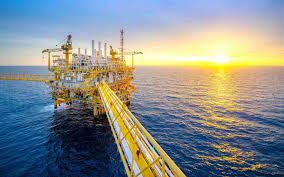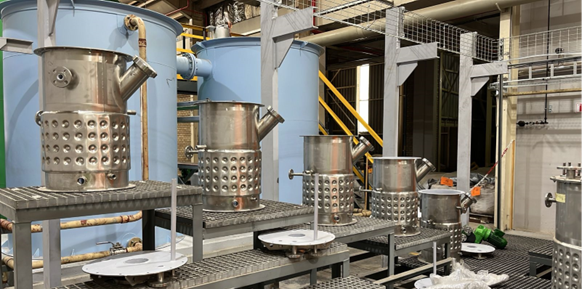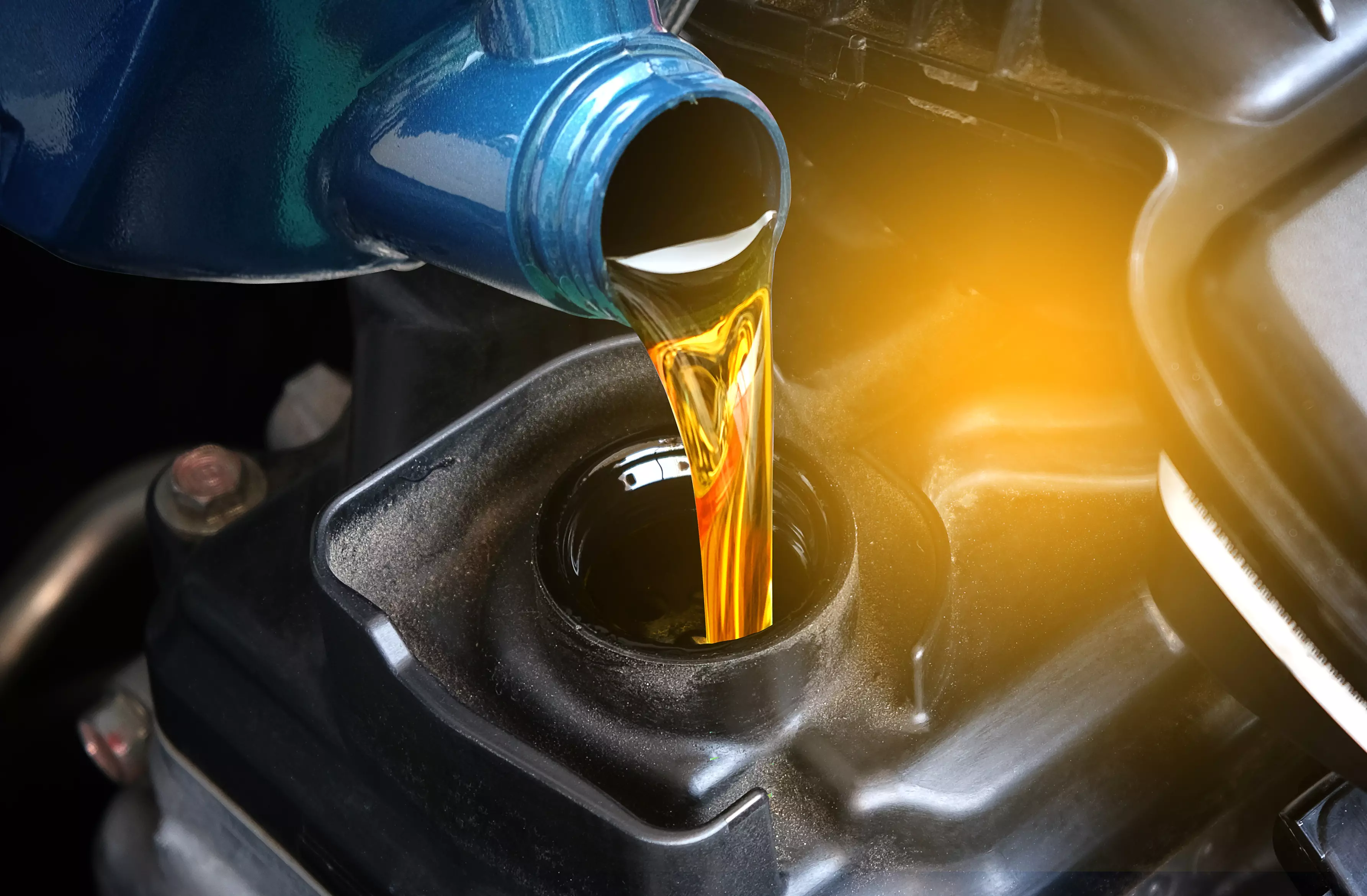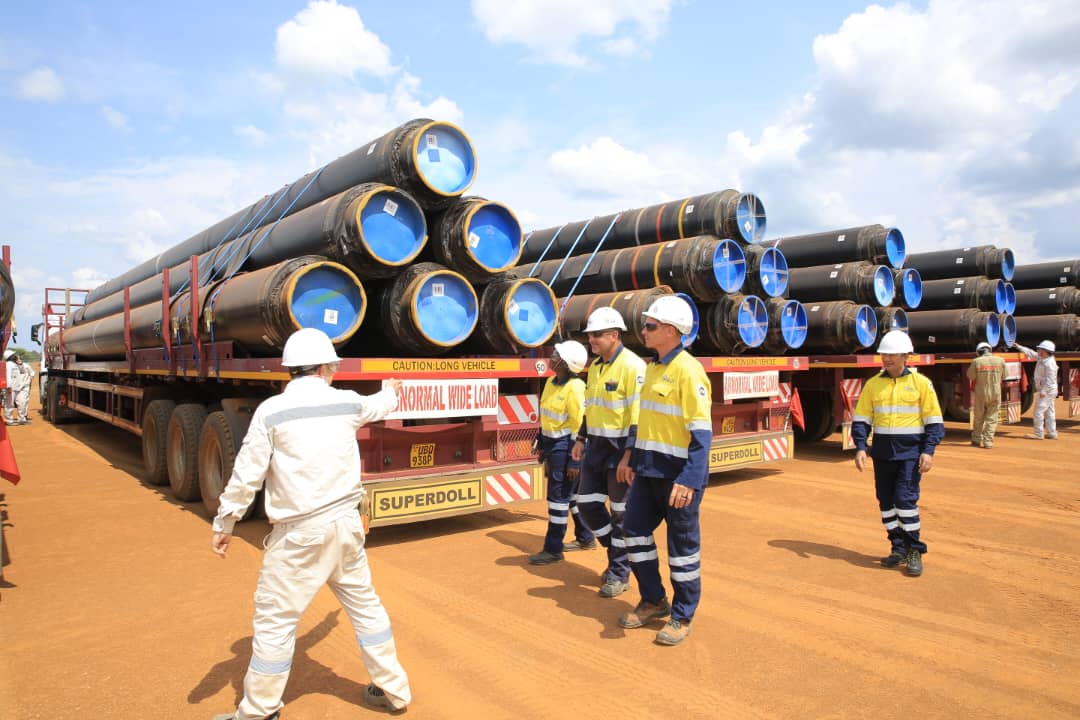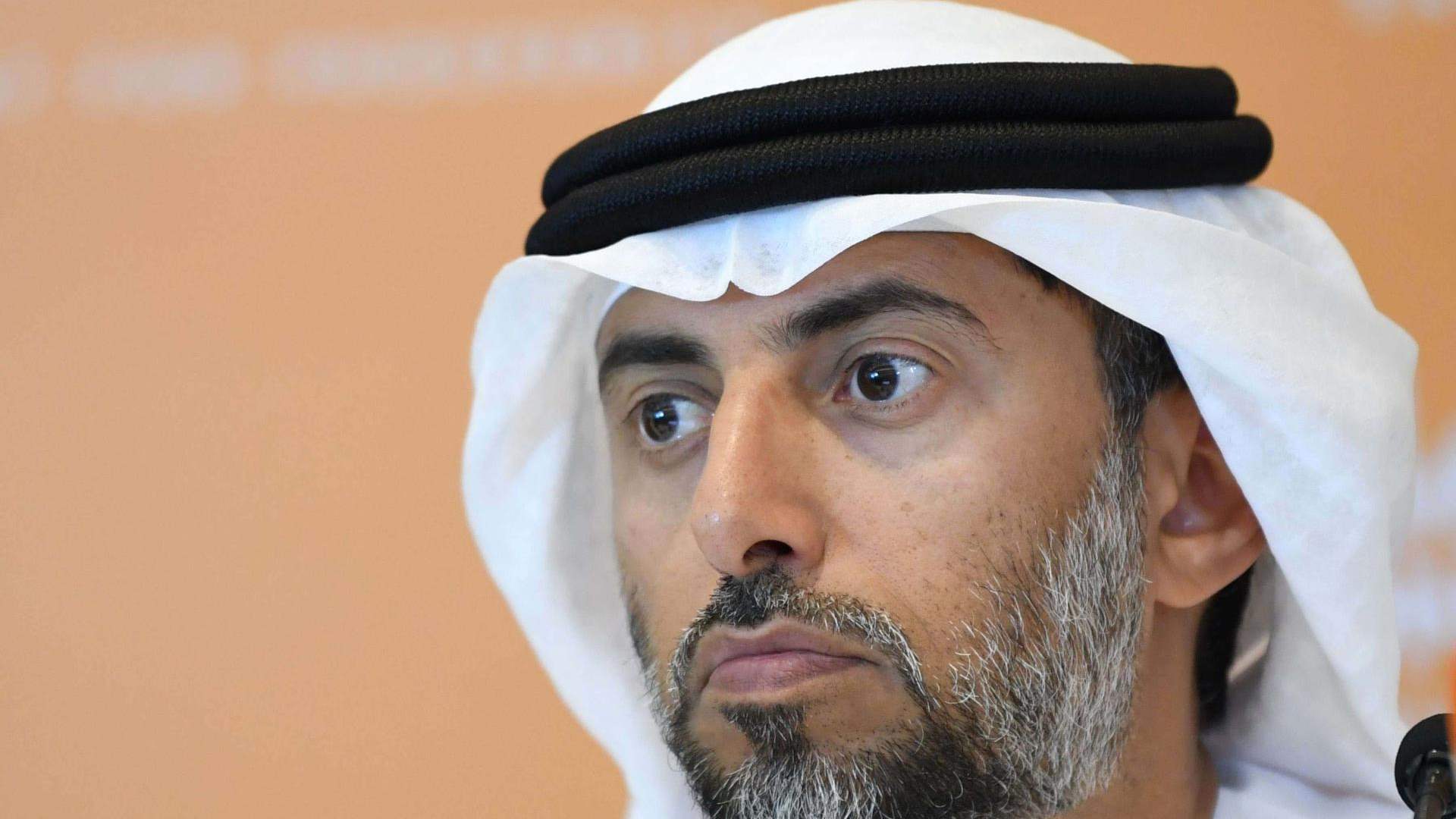Distribution

Pipeline Projects Pave the Way for Africa’s Energy Future
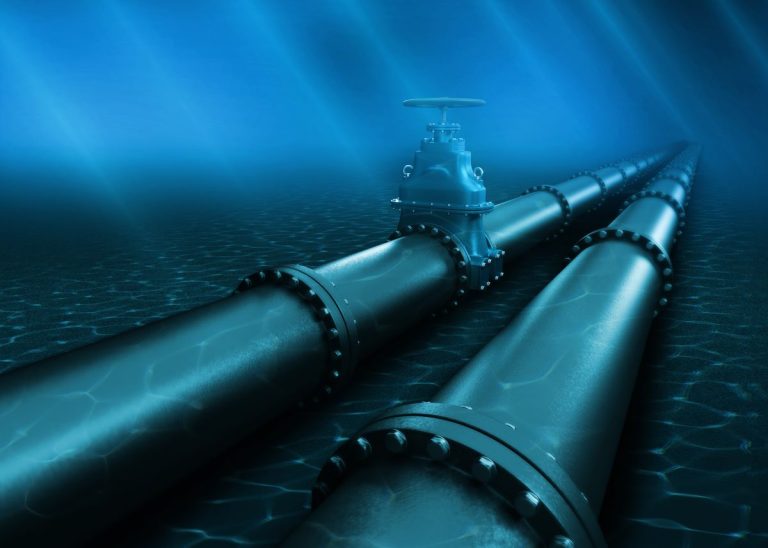
Recent developments in Africa’s energy sector highlight the growing importance of pipeline projects. With the East African Crude Oil Pipeline (EACOP) reaching 60% completion, Russia and the Republic of Congo finalising a pipeline agreement, and Nigeria and Equatorial Guinea advancing a joint natural gas pipeline, these initiatives are set to transform Africa’s energy landscape.
The African Energy Week (AEW) 2025 conference in Cape Town, scheduled from September 29 to October 3, will explore these projects, emphasising strategic partnerships and regional integration as key drivers of economic transformation.
EACOP: A Vital Economic Corridor
The East African Crude Oil Pipeline, extending 1,443 kilometres from Uganda’s oil-rich Lake Albert region to Tanzania’s Tanga port, aims to export up to 246,000 barrels per day. With 60% of the project complete, EACOP is poised to be the longest heated crude oil pipeline globally. Beyond logistics, it represents a significant economic artery, creating jobs, stimulating local economies, and generating fiscal revenues for Uganda.
Russia-Congo Energy Pact
In a boost to pipeline diplomacy, Russia and the Republic of Congo have agreed to construct the Pointe-Noire-Loutete-Maloukou-Trechot oil pipeline. This collaboration, expected to conclude in three years, strengthens ties between the nations and encourages Russian investments in Congo’s midstream sector, potentially expediting infrastructure development.
Nigeria-Equatorial Guinea Gas Integration
A new agreement between Nigeria and Equatorial Guinea aims to develop a joint natural gas pipeline, enhancing cross-border gas trade and supporting energy diversification. This initiative exemplifies the economic potential of collaborative infrastructure projects.
Tackling Energy Poverty
Although Africa is home to 17% of the global population, it accounts for only 3.3% of power generation. Pipelines can bridge this gap by delivering energy across borders, reducing reliance on biomass, and promoting cleaner energy solutions.
AEW 2025 will delve into how pipelines can support universal energy access, focusing on regulatory frameworks, project finance, and technology to make these initiatives inclusive and efficient.



